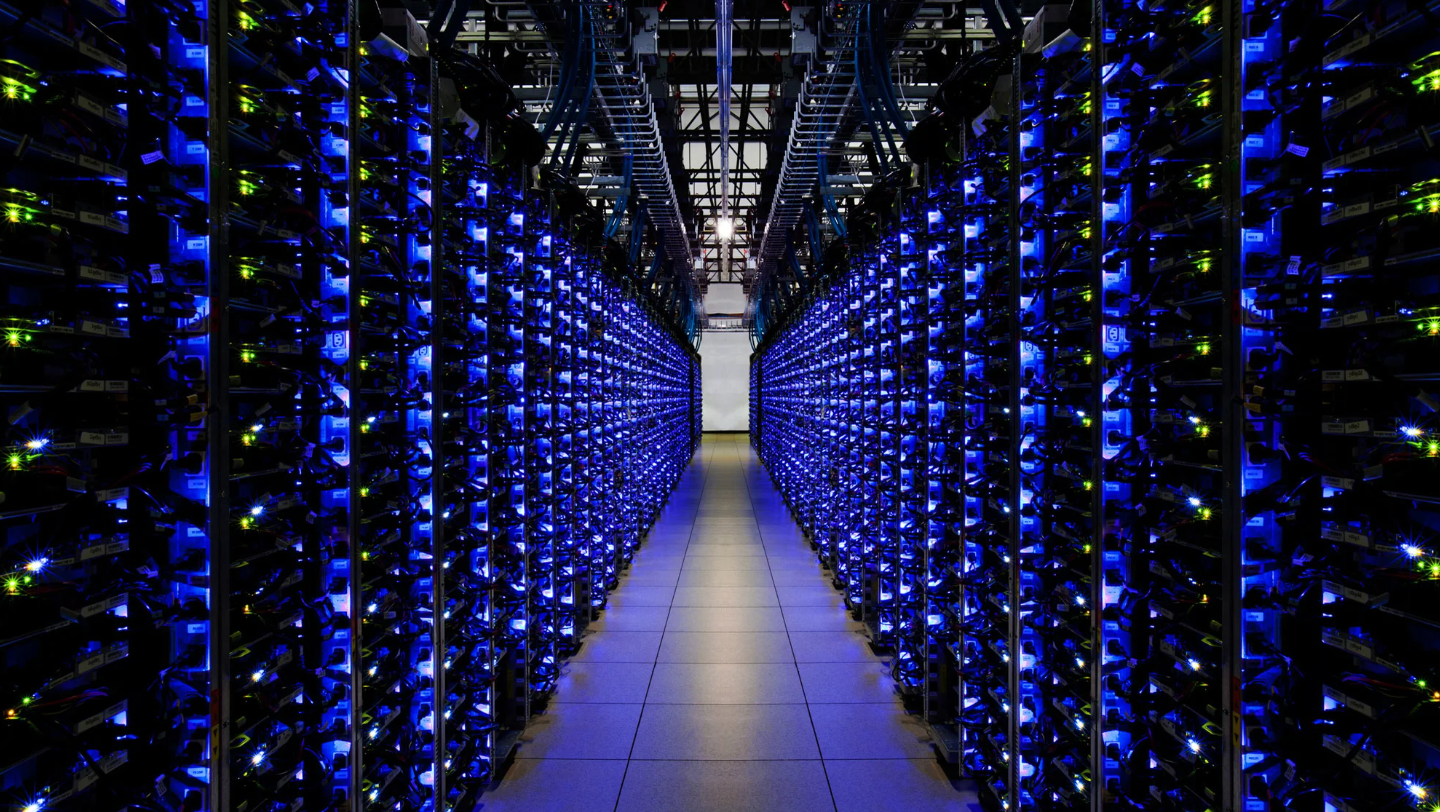
Yu Xiang, Senior Fellow, China Construction Bank Research Institute
Dec 19, 2025
The recently released 2025 NSS, shows the limits of decoupling. Defending core interests while designing layered mechanisms that preserve cooperation is the only rational way for the United States and China to avoid mutual destruction and global stagnation.
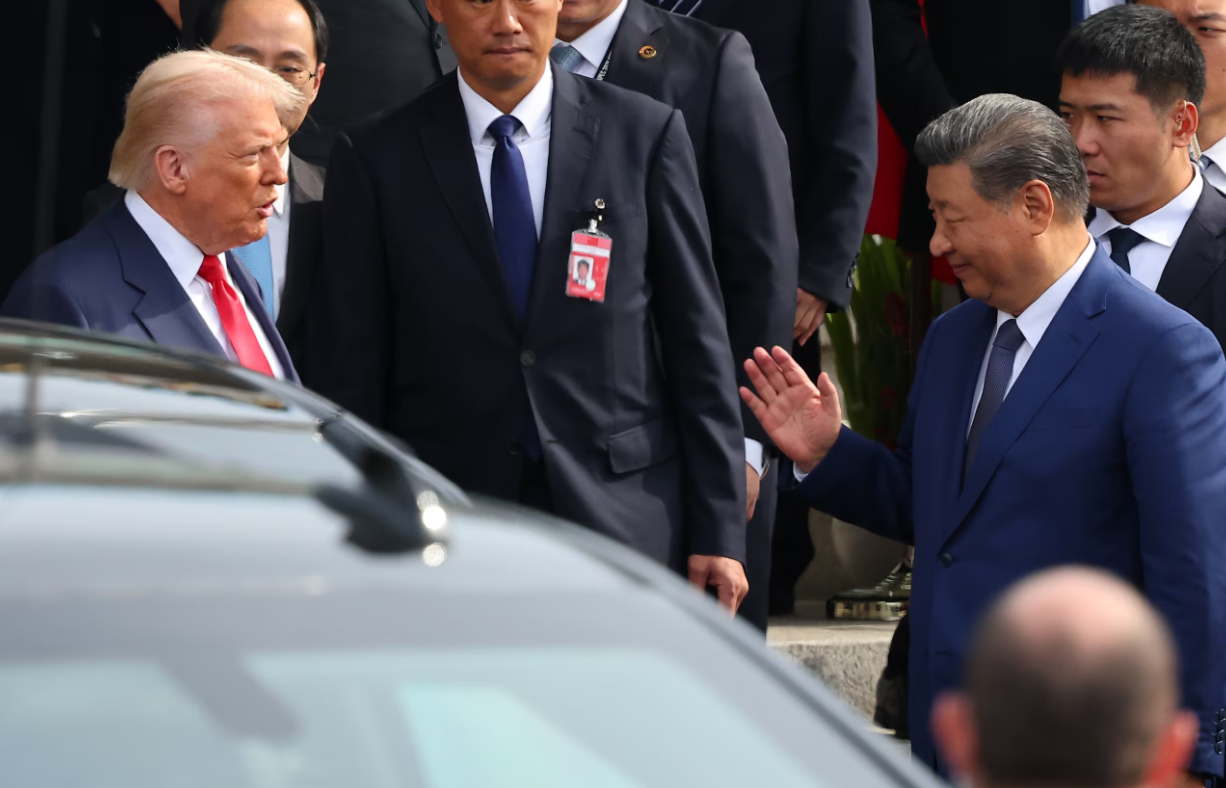
Bian Qingzu, Research Fellow, China Foundation for International Studies
Dec 18, 2025
Neither China nor the U.S. can change the other. They can only choose peaceful coexistence, meet each other halfway, increase mutual trust and cooperation and pursue common prosperity. Bilateral ties for the foreseeable future will follow the pattern of “fighting but not breaking up.”
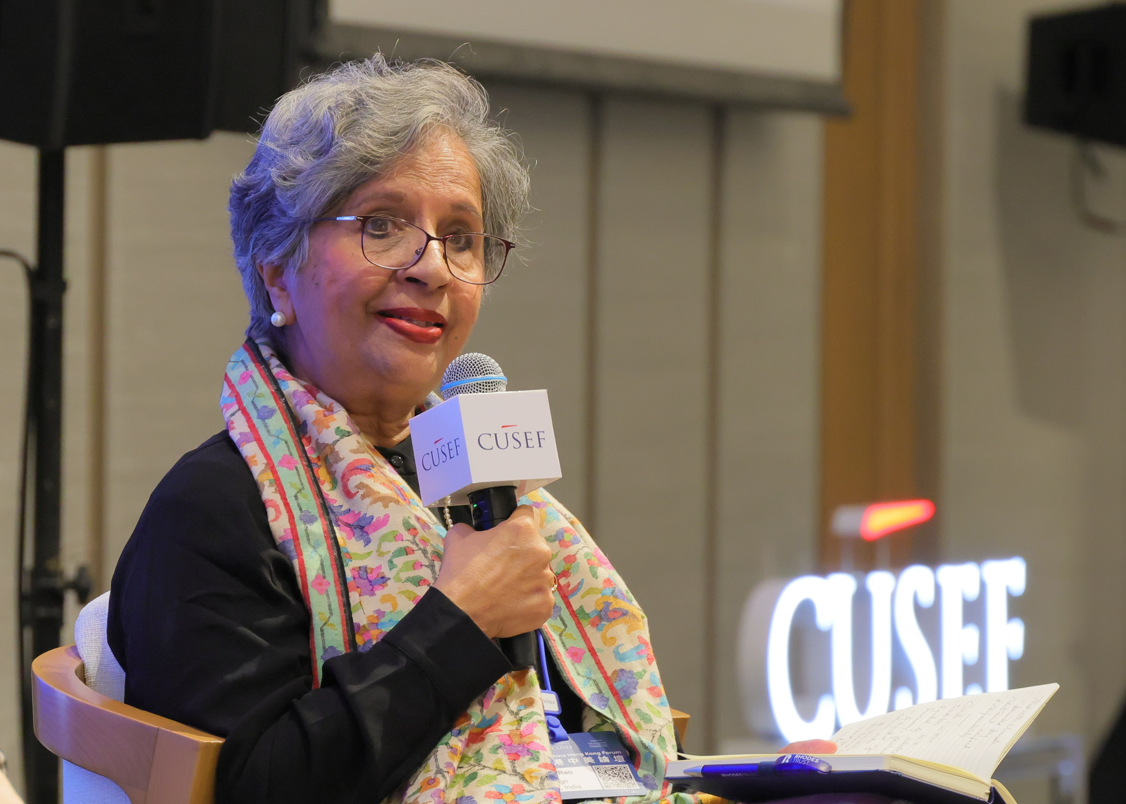
Nirupama Rao, 28th Foreign Secretary, India; former Ambassador of India to China and the United States
Nov 28, 2025
In the tense relationship between the United States and China, Hong Kong emerges as a middle space — a vantage point from which to imagine a way forward. The city’s unique position offers a metaphorical middle ground for dialogue, emphasising the need for new frameworks to navigate today’s complex rivalries.
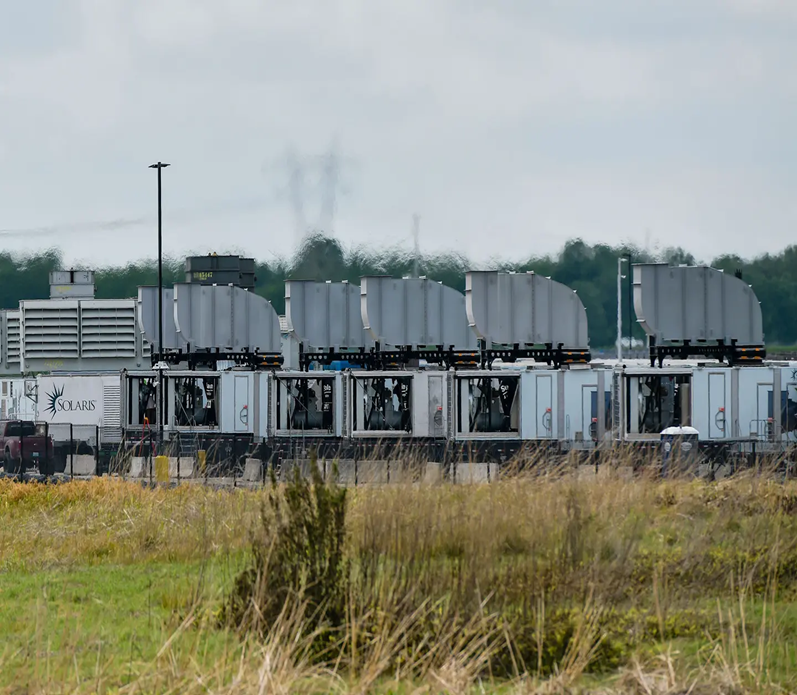
Jianyin Roachell, Transatlantic Digital Debate Fellow and Research Associate at Max Planck Institute of Geoanthropology
Nov 21, 2025
In a few short years AI technology has already become a legitimate threat to the earth’s environment. Without guardrails put in place, the competition between the U.S. and China could outstrip current infrastructure.

Yu Xiang, Senior Fellow, China Construction Bank Research Institute
Oct 28, 2025
Under China’s 15th Five-Year Plan, the coming period will be crucial for consolidating foundations and achieving socialist modernization. The country aims to leverage four key advantages: its institutional strengths, its vast domestic market, its complete industrial system and its abundant human resources.
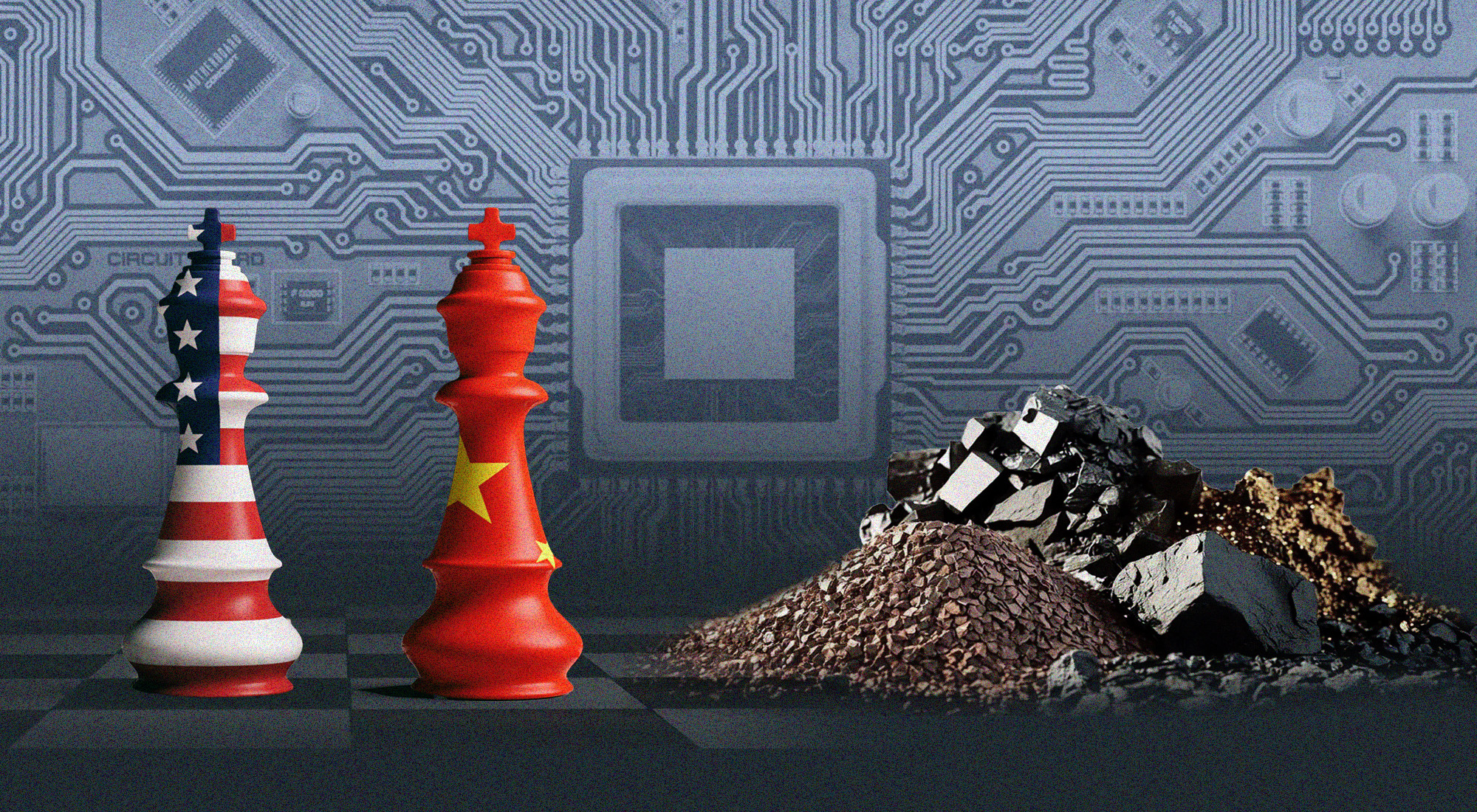
Sajjad Ashraf, Former Adjunct Professor, National University of Singapore
Oct 17, 2025
China’s new rare-earth export controls have turned its dominance in the sector into a powerful strategic tool, extending restrictions to technology, equipment, and expertise that tighten global dependence. The move has intensified tensions with the United States and its allies, highlighting how control over critical minerals now defines the balance of economic and geopolitical power.
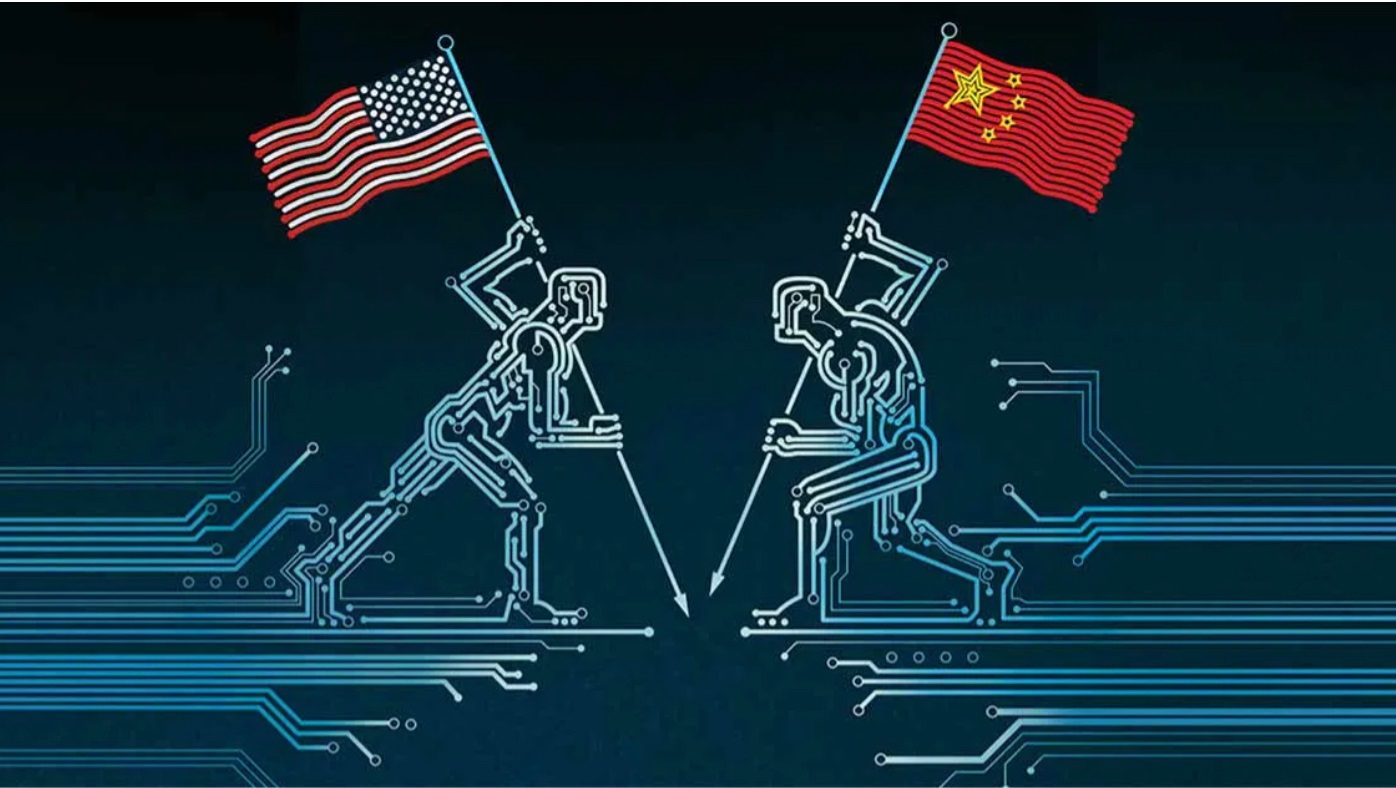
Christopher A. McNally, Professor of Political Economy, Chaminade University
Sep 19, 2025
The U.S. and China are locked in a new “Battle for the Commanding Heights,” centered not on ideology but on control of critical technologies such as chips, AI, and robotics. While the United States retains major advantages, China’s hybrid model of state guidance and private entrepreneurship gives it powerful momentum, and America risks losing its edge if it underinvests or misreads the competition.
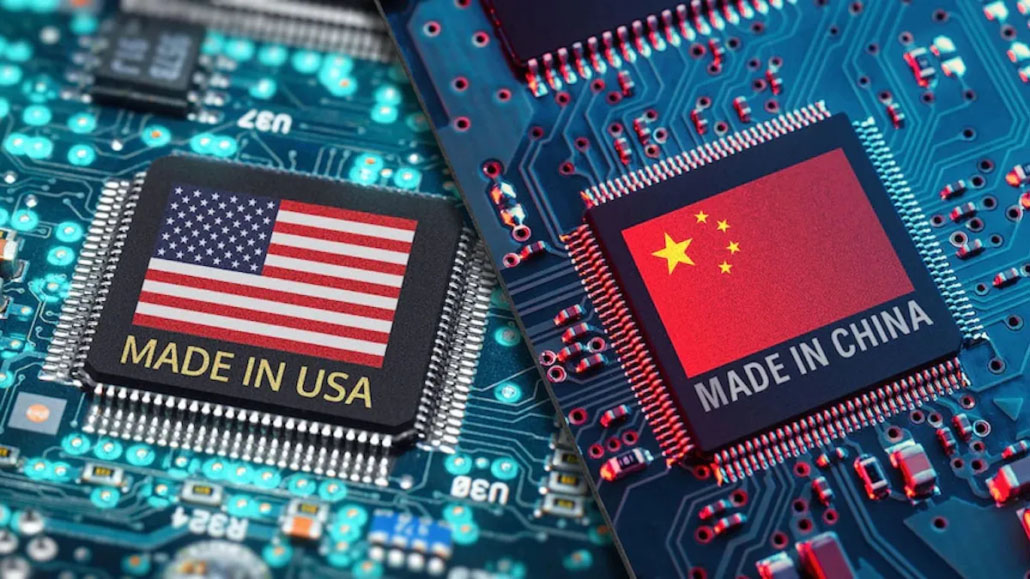
Eric Harwit, Professor, University of Hawaii Asian Studies Program
Aug 15, 2025
China’s industrial policy, including its “Delete America” initiative and major state investments, has secured dominance in legacy chips and reduced reliance on U.S. technology. While still dependent on American AI chips, Chinese firms like Huawei are quickly developing competitive alternatives, threatening U.S. chipmakers.
Stephen Roach, Senior Fellow, Yale University
Jul 28, 2025
While no one has waved an official checkered flag in the Sino-American race for AI supremacy, the markets are betting that the United States will prevail. The chipmaker Nvidia recently became the world’s first $4 trillion company (and its CEO, Jensen Huang, has acquired global rock-star status). Microsoft, the biggest investor in OpenAI’s for-profit entity, is not far behind, with a valuation of $3.7 trillion.
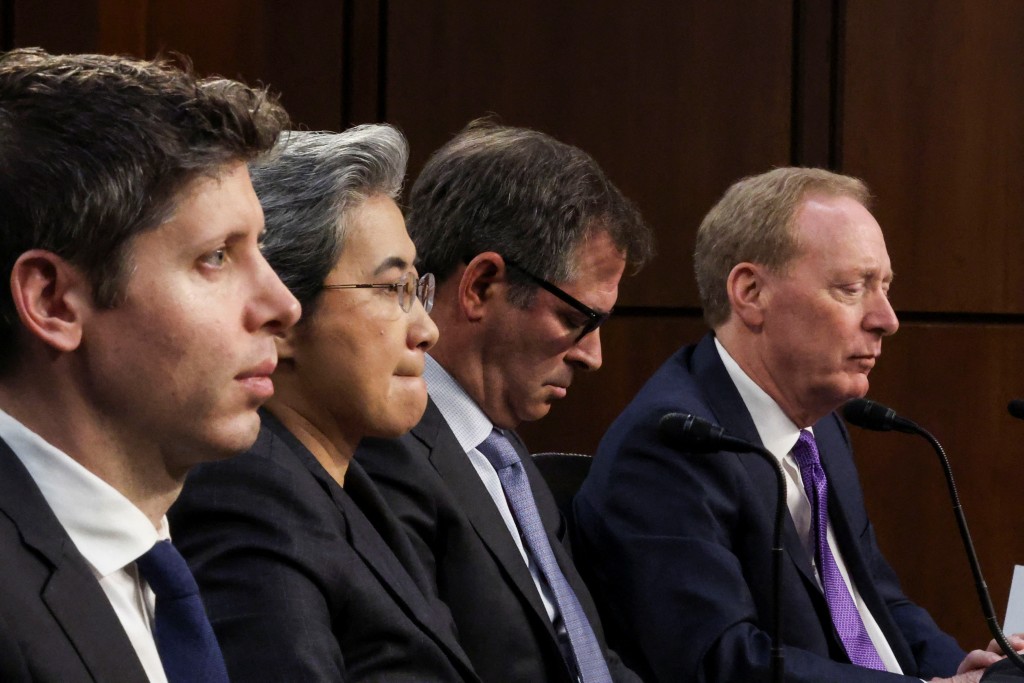
Li Yan,, Director of Institute of Sci-Tech and Cyber Security Studies, China Institutes of Contemporary International Relations
Fan Xiaoying, Research Fellow at Institute of Sci-Tech and Cyber Security Studies, China Institutes of Contemporary International Relations
Jun 03, 2025
China-U.S. competition in the realm of artificial intelligence boils down to development ability. The advantages of the United States are no longer secure. What matters is who will lead sustainably in the future.
Back to Top

- China-US Focus builds trust and understanding between the U.S. and China through open dialogue among thought leaders.
- Our Offerings
- Topics
- Videos
- Podcasts
- Columnists
- Research Reports
- Focus Digest
- Stay Connected
-
Thanks for signing up!
- Get the latest stories from China-US Focus weekly.